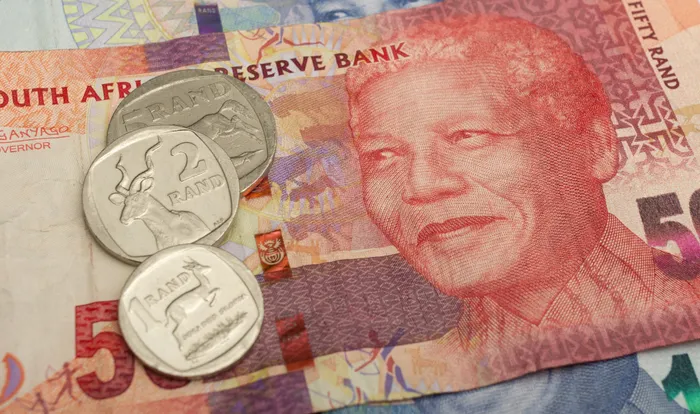How my mother and grandmother taught me to manage money wisely

Discover the invaluable money management lessons passed down through generations of women in my family, from frugal living to smart saving strategies, and learn how these teachings can empower the next generation.
Image: Henk Kruger/African News Agency (ANA)
This Mother’s Day, I’m reminded that the early money lessons I’ve learnt didn’t come from textbooks or formal training – they came from the women in my family. They didn’t have flashy financial tools or expert advice, but they knew how to stretch a rand until it squeaked. Their approach was simple: Save smart, live frugally, and make the most of what you already have. Watching my mom in action made it real – her quiet everyday choices shaped a kind of financial wisdom that was practical, powerful, and worth passing on.
My grandmother was the queen of preserving. Canning wasn’t just a hobby – it was a way to make sure nothing ever went to waste. She’d bottle anything she could get her hands on. She taught me that having something set aside (especially something homemade) was a form of security. A quiet kind of wealth.
My mother’s savings superpower was her sewing machine. Growing up, most of my clothes were homemade. Shop-bought outfits were rare, but I never felt I was missing out. If anything, it gave me a chance to stand out with one-of-a-kind pieces stitched with love. Beyond that, she was a budgeting wizard. She used the envelope system religiously – dividing the weekly cash into labelled envelopes for “fruit & veg”, “milk & bread”, “church”, “parking” as well as for the occasional tuck shop treat. She bought in bulk when it made sense, reused and repurposed literally everything, and had a way of turning leftovers into new meals like magic. Nothing ever went to waste in our home. Not food, not fabric, and not time.
Financial advice doesn’t always come wrapped in spreadsheets or seminars. Sometimes, it comes in the form of bottled peaches, hand-sewn dresses, or the quiet pen-and-paper budgeting at the kitchen table. I am most grateful for these lessons.
They have shaped us as a new generation of women, teaching us the value of smart, mindful saving.
Now that I manage my own home and raise a daughter of my own, I realise just how much I have absorbed during those years.
The biggest money lesson I hope to pass on, in turn, is what I’ve learnt from our actuaries: Your money can work harder than you do. You don’t have to hustle every hour or reinvent the chicken broth to save. With time on your side and a bit of discipline, your money can grow quietly in the background, doing the heavy lifting for you. But start early, the more time your money has, the less effort you’ll need later.
Here is a great example. If you start saving R1,000 per month when you are 23, increasing the savings amount by 10% per year and assuming growth of 10% per year, you can save a healthy R135,000 by the time you turn 30. This can be a 10% deposit on a R1,35 million home. In the end, your house will cost you R333,000 less, and the fees will cost you, say, R17,200. That’s a lot of money you’re scoring.
The best example of the influence of time is retirement savings. The earlier you start, the more time your money has to work for you. The longer you wait, the more you will have to put away to achieve the same growth.
The sums show what happens if you start saving R1,000 per month at the ages below, up to the age of 65. (Assume growth of 11% per year, and inflation of 6% to calculate the real value.)
The “real value” column is a big word to tell what your retirement value would be worth today. This is to indicate that almost R4 million sounds like a lot of money, but 40 years from now, it will not buy you a lot.
Starting to save at age | Retirement value | Real value now |
| 25 | R3 880 000 | R377 000 |
| 35 | R1 566 000 | R152 000 |
| 45 | R572 000 | R55 000 |
| 55 | R169 000 | R16 000 |
My story to my daughter is not as romantic as what I’ve learnt from my mother and grandmother, but I believe it also shows that the best gift from mother to daughter is a shared story on how to make every cent count. In turn, I hope that over time my daughter will show the quiet strength that comes from managing our money with intention. It is something she would have learnt not only from me, but also from my formidable mother and grandmother. To me, that would be the greatest Mother’s Day gift of all.
* Havenga is the head of business transformation at Momentum Savings.
PERSONAL FINANCE